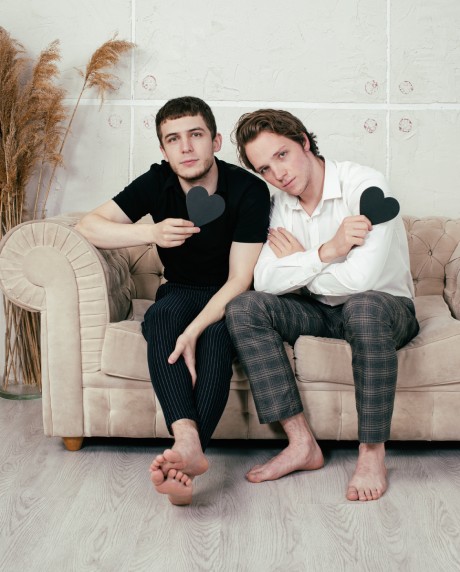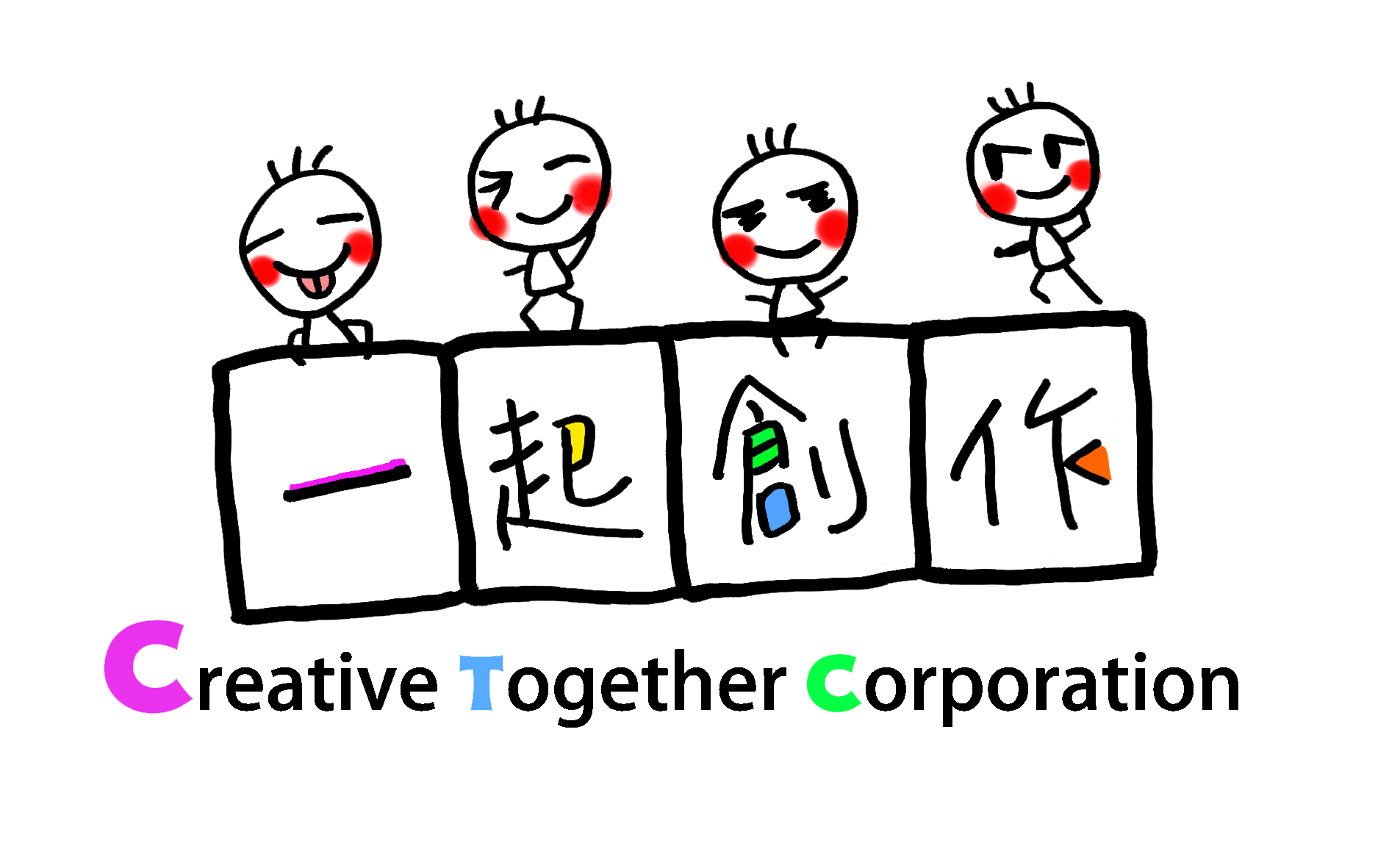The Agender, Aromantic, Asexual Queer Movement — The Cut
Sex on Campus
Identity-

Free
Identification
Politics
A written report from
the agender,
aromantic, asexual
top line.
Photos by
Elliott Brown, Jr.
NYU course of 2016
“At this time, we say that i’m agender.
I am removing myself personally from personal construct of sex,” states Mars Marson, a 21-year-old NYU film significant with a thatch of quick black colored hair.
Marson is actually talking-to myself amid a roomful of Queer Union students during the class’s LGBTQ student heart, in which a front-desk bin provides cost-free keys that permit visitors proclaim their particular favored pronoun. With the seven college students collected at the Queer Union, five choose the single
they,
supposed to denote the kind of post-gender self-identification Marson describes.
Marson came to be a female biologically and arrived as a lesbian in senior school. But NYU ended up being a revelation â someplace to explore transgenderism im4m hookupsediately after which deny it. “I do not feel linked to the term
transgender
as it feels much more resonant with binary trans individuals,” Marson says, talking about people who wanna tread a linear path from feminine to male, or the other way around. You can say that Marson in addition to different students at the Queer Union identify alternatively with becoming somewhere in the middle of the way, but that’s nearly right possibly. “i believe âin the center’ nevertheless places female and male due to the fact be-all-end-all,” says Thomas Rabuano, 19, a sophomore crisis major who wears make-up, a turbanlike headband, and a flowy shirt and skirt and cites woman Gaga and the homosexual figure Kurt on
Glee
as big adolescent part models. “i enjoy consider it as outdoors.” Everybody in the team
mm-hmmm
s endorsement and snaps their particular hands in agreement. Amina Sayeed, 19, a sophomore from Diverses Moines, agrees. “standard women’s clothes are female and colourful and emphasized that I got breasts. I hated that,” Sayeed says. “So now we point out that i am an agender demi-girl with connection to the female digital gender.”
Throughout the far side of campus identity politics
â the places when occupied by lgbt college students and soon after by transgender types â at this point you come across purse of college students such as, young people for whom attempts to classify identity experience anachronistic, oppressive, or perhaps painfully unimportant. For earlier generations of homosexual and queer communities, the strive (and exhilaration) of identity exploration on campus will look rather familiar. Although differences now are hitting. The current task is not only about questioning one’s very own identification; it is more about questioning the very nature of identification. May very well not be a boy, but you might not be a lady, either, and just how comfy could you be making use of the idea of becoming neither? You might want to rest with males, or ladies, or transmen, or transwomen, and you also may want to come to be emotionally involved with them, as well â but perhaps not in the same blend, since why would your romantic and intimate orientations necessarily need to be a similar thing? Or exactly why think of positioning at all? Your own appetites can be panromantic but asexual; you could identify as a cisgender (perhaps not transgender) aromantic. The linguistic options are nearly unlimited: an abundance of language supposed to articulate the role of imprecision in identification. And it’s really a worldview that is quite definitely about terms and emotions: For a movement of teenagers pressing the limits of need, it can feel extremely unlibidinous.
A Glossary
The Complex Linguistics on the Campus Queer Movement
Several things about intercourse haven’t altered, and not will. However for those who are who visited university years ago â or several years back â many newest intimate language tends to be unknown. The following, a cheat sheet.
Agender:
someone who identifies as neither male nor female
Asexual:
an individual who does not discover libido, but which may go through intimate longing
Aromantic:
a person who doesn’t discover intimate longing, but does experience sexual desire
Cisgender:
not transgender; their state where gender you determine with matches the main one you’re assigned at beginning
Demisexual:
people with minimal sexual desire, normally felt only in the context of deep emotional connection
Gender:
a 20th-century restriction
Genderqueer:
one with an identity outside the traditional sex binaries
Graysexual:
a far more wide phase for someone with restricted libido
Intersectionality:
the fact that sex, battle, course, and sexual direction shouldn’t be interrogated individually from another
Panromantic:
someone who is actually romantically into anyone of any sex or positioning; this doesn’t always connote associated sexual interest
Pansexual:
a person who is sexually contemplating anybody of any gender or positioning
Reporting by
Allison P. Davis
and
Jessica Roy
Robyn Ochs, a former Harvard officer who was at class for 26 many years (and who began the school’s party for LGBTQ faculty and team), sees one major reasons why these linguistically challenging identities have actually all of a sudden come to be popular: “we ask younger queer individuals how they discovered the labels they describe on their own with,” states Ochs, “and Tumblr will be the number 1 solution.” The social-media platform has spawned so many microcommunities global, including Queer Muslims, Queers With Disabilities, and Trans Jewry. Jack Halberstam, a 53-year-old self-identified “trans butch” teacher of gender researches at USC, particularly alludes to Judith Butler’s 1990 guide,
Gender Difficulty,
the gender-theory bible for university queers. Rates from this, like the a lot reblogged “there is absolutely no sex identity behind the expressions of gender; that identification is performatively constituted because of the really âexpressions’ which can be said to be its results,” have grown to be Tumblr bait â even the earth’s minimum probably viral content.
However, many associated with queer NYU students we spoke to did not be undoubtedly familiar with the vocabulary they now use to explain on their own until they arrived at university. Campuses are staffed by managers just who arrived old in the first revolution of governmental correctness at the height of semiotics-deconstruction mania. In school now, intersectionality (the concept that competition, course, and gender identification are common linked) is main for their means of recognizing almost everything. But rejecting categories altogether may be seductive, transgressive, a helpful way to win a disagreement or feel unique.
Or maybe that’s as well cynical. Despite just how severe this lexical contortion may appear to some, the students’ desires to determine on their own away from sex decided an outgrowth of acute disquiet and deep scarring from becoming brought up in the to-them-unbearable role of “boy” or “girl.” Developing an identity that’s defined with what you
are not
doesn’t look particularly easy. I ask the students if their brand new cultural permit to spot by themselves away from sexuality and gender, when the pure multitude of self-identifying possibilities they will have â such Twitter’s much-hyped 58 sex choices, anything from “trans person” to “genderqueer” on vaguely French-sounding “neutrois” (which, in accordance with neutrois.com, shouldn’t be defined, because the really point of being neutrois is your own gender is individual to you) â often actually leaves them sensation like they can be boating in area.
“personally i think like i am in a chocolate store and there’s these different options,” claims Darya Goharian, 22, a senior from an Iranian family in a rich D.C. area who determines as trans nonbinary. Yet even the word
solutions
can be also close-minded for a few in party. “I simply take concern thereupon phrase,” claims Marson. “it generates it feel like you are choosing to end up being anything, when it’s not a selection but an inherent part of you as individuals.”
Amina Sayeed identifies as an aromantic, agender demi-girl with connection to the female binary sex.
Picture:
Elliott Brown, Jr., NYU class of 2016
Levi Back, 20, is a premed who was simply nearly kicked off public senior high school in Oklahoma after coming out as a lesbian. Nevertheless now, “I identify as panromantic, asexual, agender â and when you wanna shorten everything, we are able to only go as queer,” Back says. “I really don’t experience intimate attraction to any person, but i am in a relationship with another asexual person. Do not have sex, but we cuddle everyday, hug, find out, keep hands. Whatever you’d see in a PG rom-com.” Right back had previously outdated and slept with a woman, but, “as time proceeded, I became less enthusiastic about it, also it turned into similar to a chore. I am talking about, it believed great, nonetheless it did not feel like I was developing a strong hookup during that.”
Today, with Back’s current gf, “lots of the thing that makes this union is our emotional connection. And exactly how available our company is with each other.”
Back has started an asexual class at NYU; ranging from ten and 15 individuals generally appear to conferences. Sayeed â the agender demi-girl â is regarded as them, also, but identifies as aromantic instead asexual. “I experienced had sex by the point I was 16 or 17. Girls before kids, but both,” Sayeed states. Sayeed still has sex from time to time. “But I really don’t encounter any kind of intimate appeal. I’d never ever understood the technical word for this or whatever. I’m however capable feel love: Everyone loves my friends, and I love my children.” But of falling
in
love, Sayeed claims, without having any wistfulness or doubt that this might change afterwards in life, “I guess i simply do not understand why I actually ever would at this point.”
Plenty of the individual politics of the past was about insisting regarding the straight to rest with anyone; now, the libido looks these types of a small part of the politics, which include the legal right to state you’ve got little to no want to sleep with any person at all. Which may apparently manage counter on the a lot more mainstream hookup culture. But instead, perhaps this is the then sensible action. If hooking up has thoroughly decoupled sex from love and emotions, this movement is making clear you could have relationship without sex.
Even though getting rejected of intercourse is certainly not by option, necessarily. Maximum Taylor, a 22-year-old transman junior at NYU who in addition determines as polyamorous, claims that it is already been harder for him to date since he started having human hormones. “I can’t visit a bar and choose a straight woman and possess a one-night stand quickly anymore. It becomes this thing in which if I desire a one-night stand i must clarify i am trans. My personal pool of individuals to flirt with is actually my neighborhood, where most people understand both,” states Taylor. “primarily trans or genderqueer individuals of shade in Brooklyn. It feels as though I’m never gonna meet somebody at a grocery store once more.”
The complex language, as well, can function as a coating of security. “You can get very comfy only at the LGBT center acquire used to folks inquiring your pronouns and everybody once you understand you are queer,” claims Xena Becker, 20, a sophomore from Evanston, Illinois, who determines as a bisexual queer ciswoman. “But it’s nonetheless actually lonely, difficult, and perplexing a lot of the time. Simply because there are many words does not mean that emotions tend to be simpler.”
Extra reporting by Alexa Tsoulis-Reay.
*This article seems for the October 19, 2015 issue of
Nyc
Magazine.
